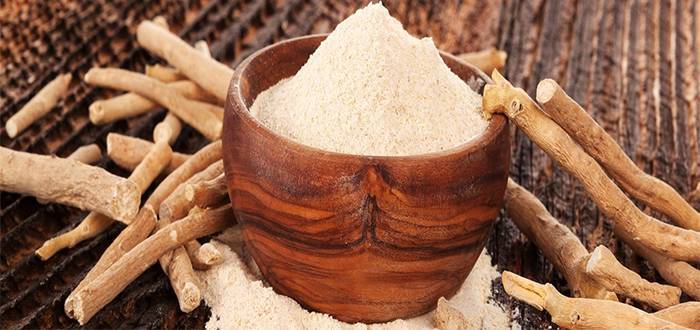Ashwagandha has become popular among prominent celebrities and social media users, particularly on TikTok, for various reasons. Most notably, they claim that it improves sleep, reduces anxiety, enhances memory, and even builds muscle mass. But does this magical herb really help with sleep?
To answer this, it’s important to know that ashwagandha is far from a new remedy; it has been used for thousands of years to treat a range of ailments in countries like India, a traditional healing system in South Asia. Those using ashwagandha to aid sleep may benefit from its known soothing properties, with studies conducted on mice identifying a chemical compound in it called "triethylene glycol." This compound may be responsible for promoting sleep and has an effect on GABA receptors, the same receptors targeted by many sedatives and anti-seizure medications, according to a report by The Washington Post.
Moreover, a meta-analysis of five randomized trials on humans found that ashwagandha led to a modest improvement in total sleep time, up to about 25 minutes longer than a placebo. It also resulted in significant improvements in sleep efficiency and quality, as reported by participants. However, while ashwagandha may stimulate sleep sufficiently, it should not be viewed as a long-term solution.
In addition, some common reasons people are interested in this herb include reducing stress and anxiety, but studies examining this have indicated that the results are limited and even mixed. Chiti Barik, co-director of integrative health at Weill Cornell Medicine, advised using the herb for a limited period, noting that patients taking higher doses often report gastrointestinal side effects like nausea or diarrhea, and serious liver cases have been linked to increased dosages.
Darshan Mehta, medical and educational director of the Osher Center for Integrative Health at Brigham and Women's Hospital and Harvard Medical School, clarified that while ashwagandha is safe, impurities in ashwagandha products pose a real concern. He added that heavy metals have been found in some products in the past, and there have been several reports of liver damage associated with ashwagandha, sometimes leading to hospitalization and acute liver failure, which may be related to these issues.




